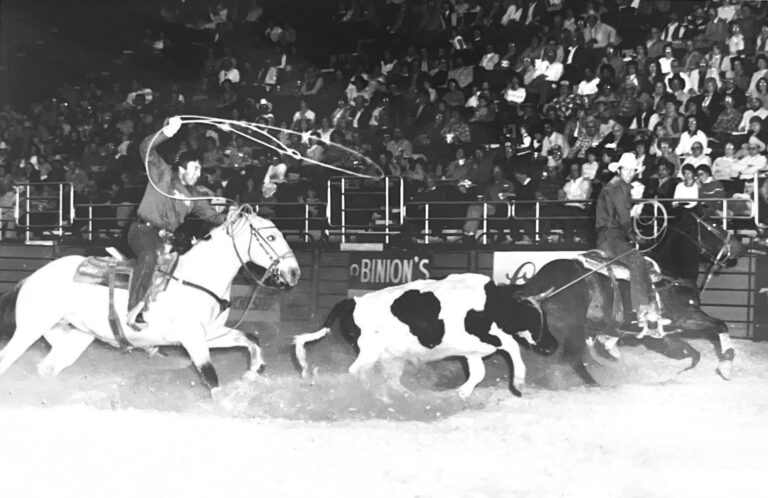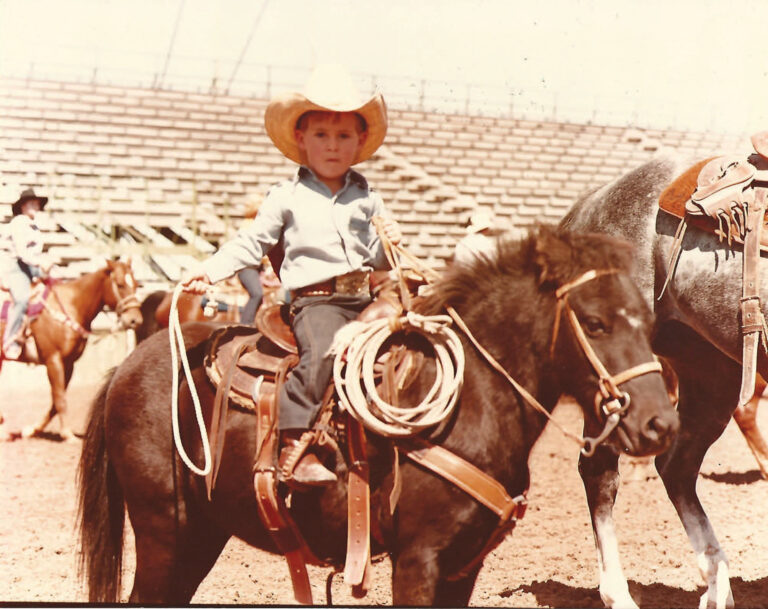Lucille Mulhall (1885–1940) was born on the family ranch near Guthrie, Oklahoma, plumb in the middle of the first rodeos in history popping up across the American West. Her father Zack was a roper and the producer of Mulhall’s Congress of Rough Riders and Ropers and raised Lucille to be worthy of the premier billing she received.
By 1900, already having performed in front of crowds numbering in the thousands, Zack Mulhall bet $10,000 his 15-year-old daughter could out-rope the cowboys in El Paso, Texas.
Mulhall did just that, and it’s reported her brother had to save her from an angry cowboy mob who suddenly doubted her femininity, though she was that, too. She was well educated, an accomplished pianist and a famous Vaudeville performer and producer, but when Theodore Roosevelt was a guest at the Mulhall Ranch and shared an interest in wolves, it was also Mulhall who took her good horse to catch a live one and kill it with her bare hands as a gift to the soon-to-be president.
She was often billed as “the only lady roper in the world,” “champion lady steer roper” or “the world’s greatest woman roper,” and she won tens of thousands in prize money for feats like setting the world record in steer roping.
“Lucille roped, snubbed broncs and hazed for bulldoggers, but it was her direct competition, roping against the men, that set her apart and earned her the most respect,” wrote Tracey Hanshew in her 2014 article for “The Chronicles of Oklahoma” published by The Oklahoma Historical Society.
Prior to her untimely death in 1940, Mulhall performed and competed across a still-forming country and in Europe, and her successes earned her inductions into the Rodeo Hall of Fame in 1975 and into the National Cowgirl Hall of Fame in 1977. She was a member of the rodeo community and a competitive roper since rodeo’s very first iterations, and she undoubtedly played a role in paving the way for the next century of women ropers.
Throughout September, Women in Rodeo month, we highlight the stories of women who have most impacted the sport of rodeo, as well as those who’ve lobbied alongside them for equality of opportunity. The vision of the American West has always been that of freedom, of grit and of limitless possibility, and the advocates and athletes we honor in September exemplify those values. Here’s to the Cowgirl.










